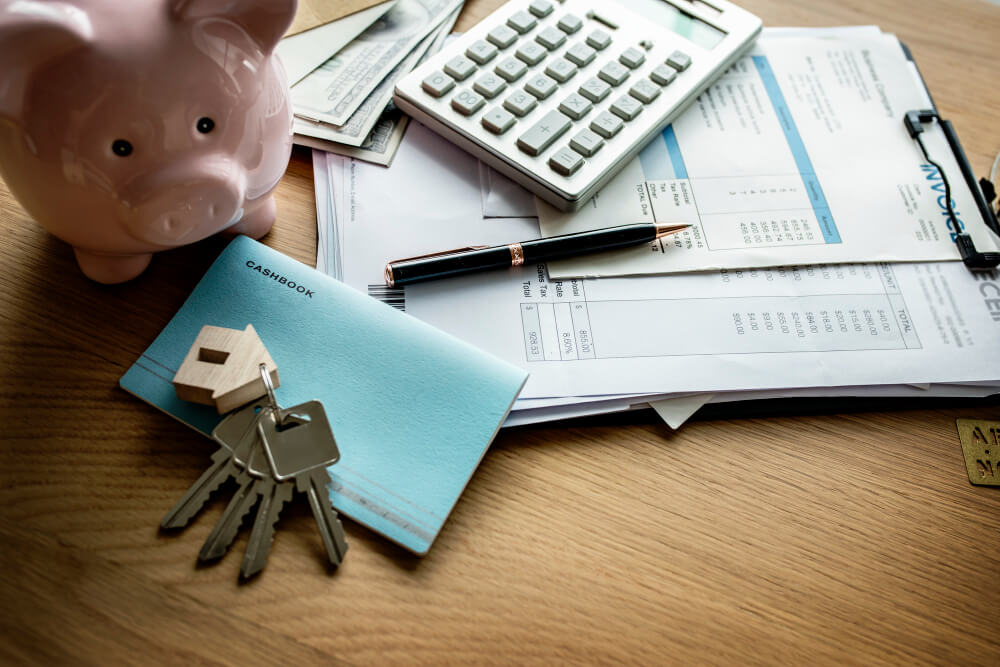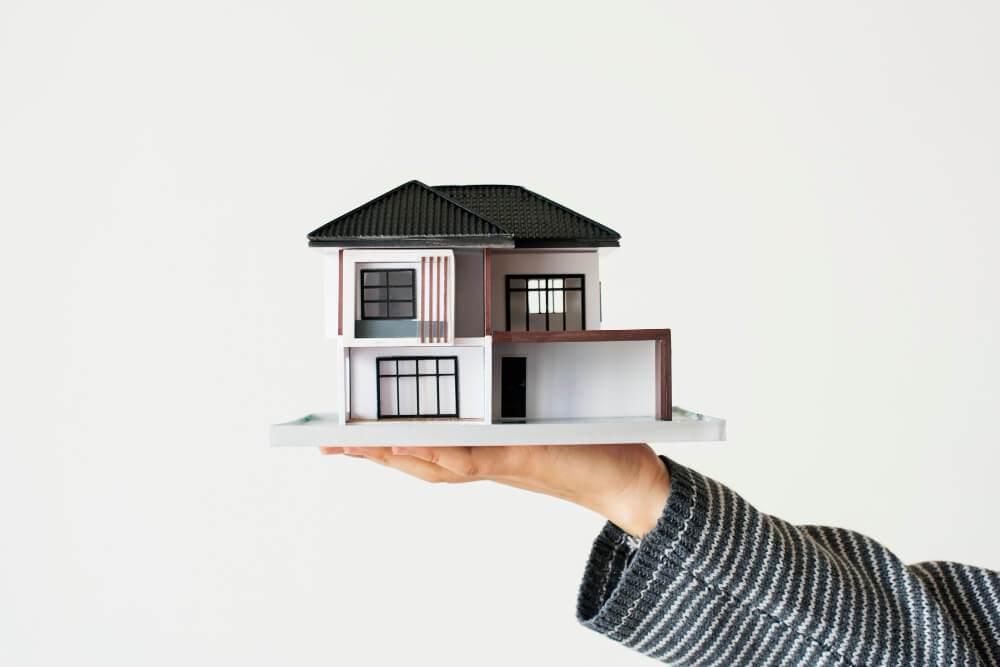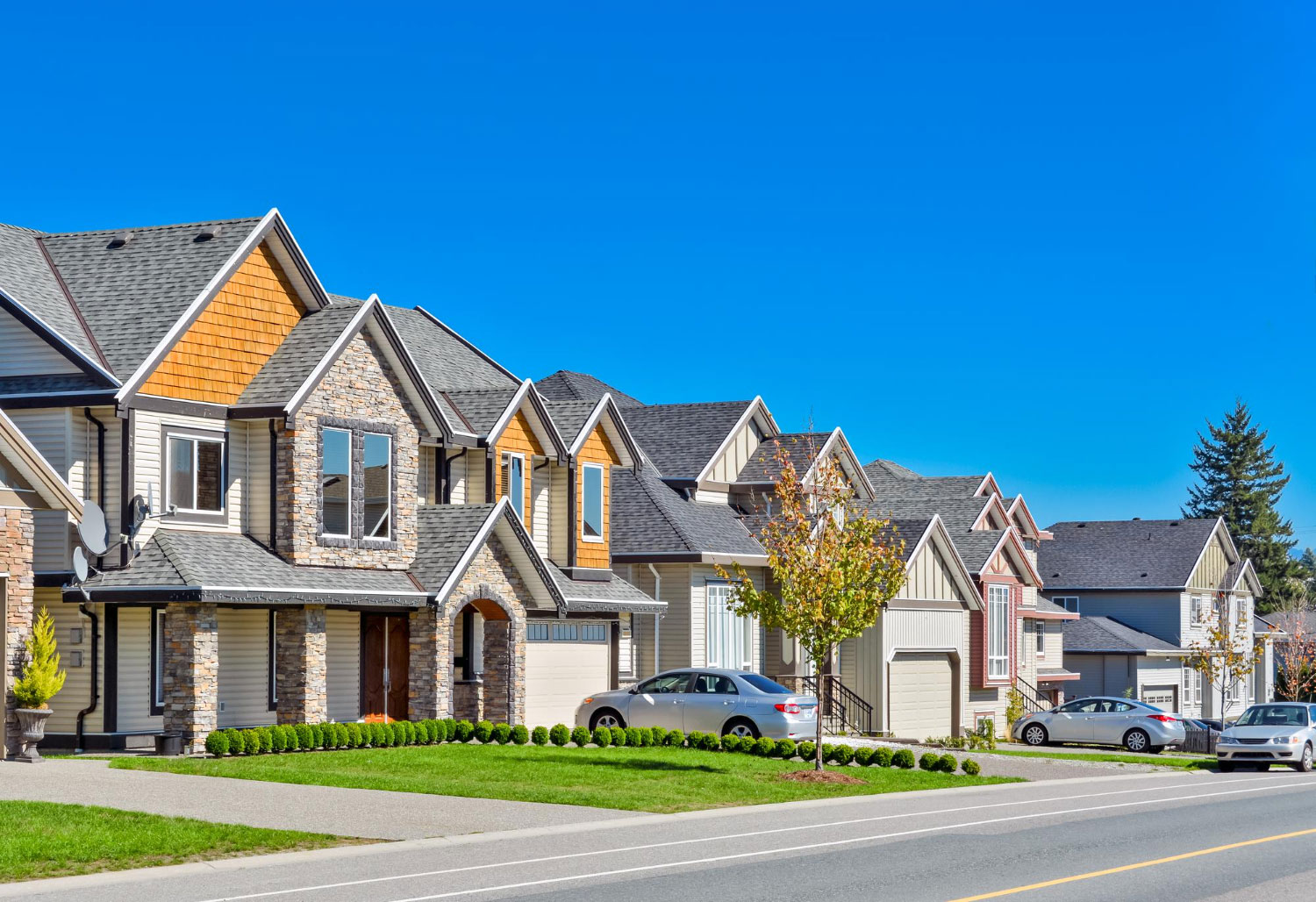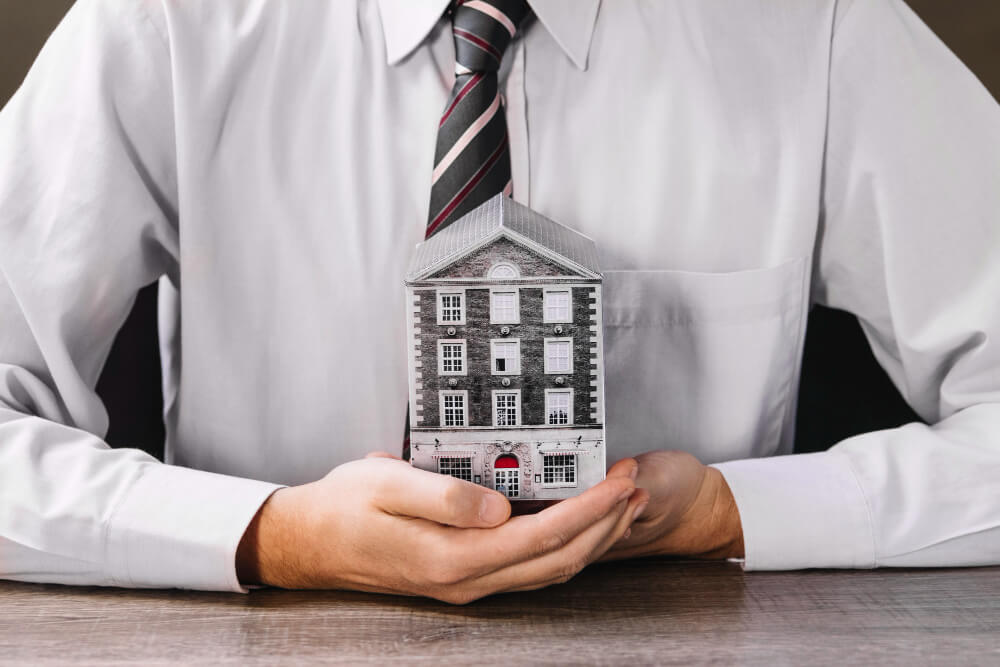How to Pick Your Ideal Home?

Are you prepared to go through listings and visit open houses? Use Connectimmo’s house-hunting checklist to save time.
It’s simple to express a desire for an “older” or “big” home in vague terms. But you really should consider your perfect home precisely in order to effectively prioritize your real estate search. Will your “big” home have square footage of 5,000 or 2,400? Do you mean a house built before 1900 or before 1980 when you refer to an “old” home?
Make a list of your requirements and desires before going to another open house. Yes, they are two distinct things. Although you might want a hot tub, but you could probably survive without one.
Understand that as you learn more about your home selections, your list of needs will eventually change. For instance, proximity to the ocean could initially be a necessity, but after you see the size of oceanfront homes you might find within your budget, you might decide that a little trip to the sea is OK. Unless your money is endless, you’ll probably have to make some trade-offs along the road.
In order to make your future home more comfortable and enjoyable, use the following advice and questions to help you identify the aspects of your present home that you like and dislike. Then, using our home shopping checklist, take the time to categorize particular home features as “need,” “want,” or “Does not matter.”
Your home’s goals should be realistic
It’s unlikely that the house you wind up with will be your dream home, especially if you’re a first-time home buyer.
It’s essential that you buy a home you’ll like living in, but you may need to lower your standards if the home you desire is beyond your means.
A starter home could be a more practical and profitable option for persons who are new to the housing market or have fewer resources. Starter homes aren’t the best if you require a lot of space because they’re sometimes rather modest, but they usually come in at a lower price. In addition, you won’t need to spend as much money decorating it, and your utility costs will be lower than in bigger homes.

Maintain Your Budget
Knowing your budget from the beginning is helpful. This will help you focus on your options and make the process a bit less intimidating. It will also give the seller the impression that you are more serious about the purchase, which will only improve your chances if you decide to submit an offer.
You should also be careful to consider your financial situation in the future. Even if purchasing a home at the higher end of your price range may seem worthwhile, give it some thought as to whether you’ll still feel that way after making the required monthly payments.
Remember that homeownership frequently entails a variety of unforeseen expenses, some of them significant. If you put all of your money on a sizable down payment up front, you can experience problems later when your new home requires an urgent repair.
Figure out what you can afford
In a competitive market, getting your finances in order before looking for a property can make a huge difference. Determining your budget and financial flexibility space will help you see the must-haves on your checklist more clearly. Consider the following:
- Do you have a mortgage pre-approval?
- What is your budget?
- How much money do you have set aside for a down payment?
- What about unexpected expenses such as future repairs?
- Do you want to do more modifications or do you want a readymade property?
This questionnaire will help you choose your next home.
Safety
The safety of the neighborhood is quite important when looking to buy a property, especially if you have children. Think about the following elements to help you determine whether or not an area looks secure:
- Crime rates: Don’t let this discourage you from looking in particular places because crime can occur everywhere at any time. However, if you visit the local government website for crime reports or contact the local police force and notice a lot of activity, it might be a red flag.
- Neighborhood watch: Many families value this, even if it might not be a deal-breaker for everyone. Consult a resident or the police in the area. There may also be a street sign indicating a neighborhood watch.
- Street lighting – A community may feel safer if there is enough street lighting.
Of course, there are more ways besides these to judge the safety of a community. And you should always trust your instincts. If anything doesn’t feel right, keep searching for the location that makes you feel secure. Spending time in a community you’re thinking about is a fantastic idea.
Choose your ideal property style and kind

Once you’ve sorted out the fundamentals, you can start thinking about the features you want in a home. Consider the various sorts of properties that are available in the neighborhoods where you want to buy, and remember that you may use keywords to help limit your selections while searching for homes on Connectimmo. Ask yourself the following questions:
- Do you prefer a townhouse, condo, or single-family household? Learn about the advantages and disadvantages of condominiums over single-family houses.
- How many bedrooms and bathrooms?
- Do you need a guest room?
- What kind of flooring do you prefer?
- How many floors would you like?
- Could you live in an old house?
- Do you regularly take care of your yard… or do you find it tedious?
- Which architectural styles do you prefer?
Location
You may add an addition to your home to expand its square footage or change the paint colors to give it a new look, but you can’t change where it is located. It’s simple to get distracted by a home’s amenities, whether you’re looking at listings on Connectimmo, but you should also take your environment and surroundings into account.
Ask yourself these questions,
- Which city would you choose to settle in?
- Do you prefer quick access to public transportation or highways?
- Does it fit your budget?
- Can you peacefully sleep with loud sounds?
- How important is the beautiful landscape?
- Are there any parks that are accessible on foot?
- Do you wish to participate in neighborhood activities?
- Do you prefer the city, the suburbs, or the country?
Consider your present lifestyle, but also prepare for the future
When it comes to picturing your future home, you can have the most idyllic home in mind or you might not even know where to begin. It could be helpful to start by thinking about your essential demands and property requirements. Start by thinking about your existing place. What do you like most about it, and what do you need to change? Consider whether:

- You intend to change employment in the next two to three years.
- Do you need a parking spot for your automobile, or would street parking do?
- You require room for a home office or a future nursery.
- You value wheelchair accessibility or a home with fewer steps
- if there are any unique amenities you need for your dogs, such as a fenced-in yard.
Learn about the community
Do you feel like you’ve located the ideal home in the perfect location? Even so, it’s usually a good idea to go about the area before making a purchase and ask yourself the following questions:
- How do you feel about your neighborhood?
- Are there not enough or too many events going on in the area?
- Do you enjoy the way you drive to work?
- Do you have to go far to get necessities like food or to see the doctor?
Document your visit
Check the features of each property you visit against the items listed in your checklist. Do any of your must-haves need to be updated?

Get a sense of the place and think about any items you might have forgotten to include on your list. Keep in mind that while staged furniture can be changed and paint can be repainted, other things can’t be changed as quickly.
- Does the house have a nice exterior?
- Do you like the finishes and fixtures here?
- What would you say about the layout?
- Is there enough room or is there too much?
- Where do you need more room?
- Are the windows to your satisfaction (sufficient natural light, good placement, too much sun)?
Introduce yourself and say that you could be thinking about moving here if you see someone raking leaves, mowing the lawn, or even getting the mail. You can find out from the locals whether they think the area is safe.
Strategize Your Offer
Search for opportunities for learning that can help your next effort be successful. Your best offer should be made in this market.
Going lower at this time is not a good idea, especially if you anticipate having competition from other bidders. Make a thorough, clean offer without any seller compromises, such as help with closing costs. This will increase the likelihood that your offer will be accepted.
The Bottom Line
A major decision like buying a home shouldn’t be rushed.
Reduce the scope of your search by area, requirements and preferences, kind of home, and price range. Don’t forget to have a home inspection and take into account any other important variables. The most essential thing is to deal with a real estate broker who knows what you want and to always trust your instincts.
Are you prepared to begin your property search and locate your future residence? To examine your home loan choices, submit an online application today.
Don’t overestimate your abilities

Analyze whether the house you like requires work or maintenance. Next, determine if you’re actually capable of executing it.
If you intend to renovate various areas of the house, you should also take into account whether there is an extra room.
Determine if the effort and money spent on the renovations are worthwhile. Get quotes before you buy the house if you can’t do the repair by yourself so you’ll know what you’re getting into.
It’s probably not the greatest investment—or you may need to cut back the renovations—if the price of the house plus the cost of the improvements would considerably raise the home’s worth over those in the area.
A little bit of perseverance will go a long way toward making your purchase a sanctuary rather than a burden.
Share




